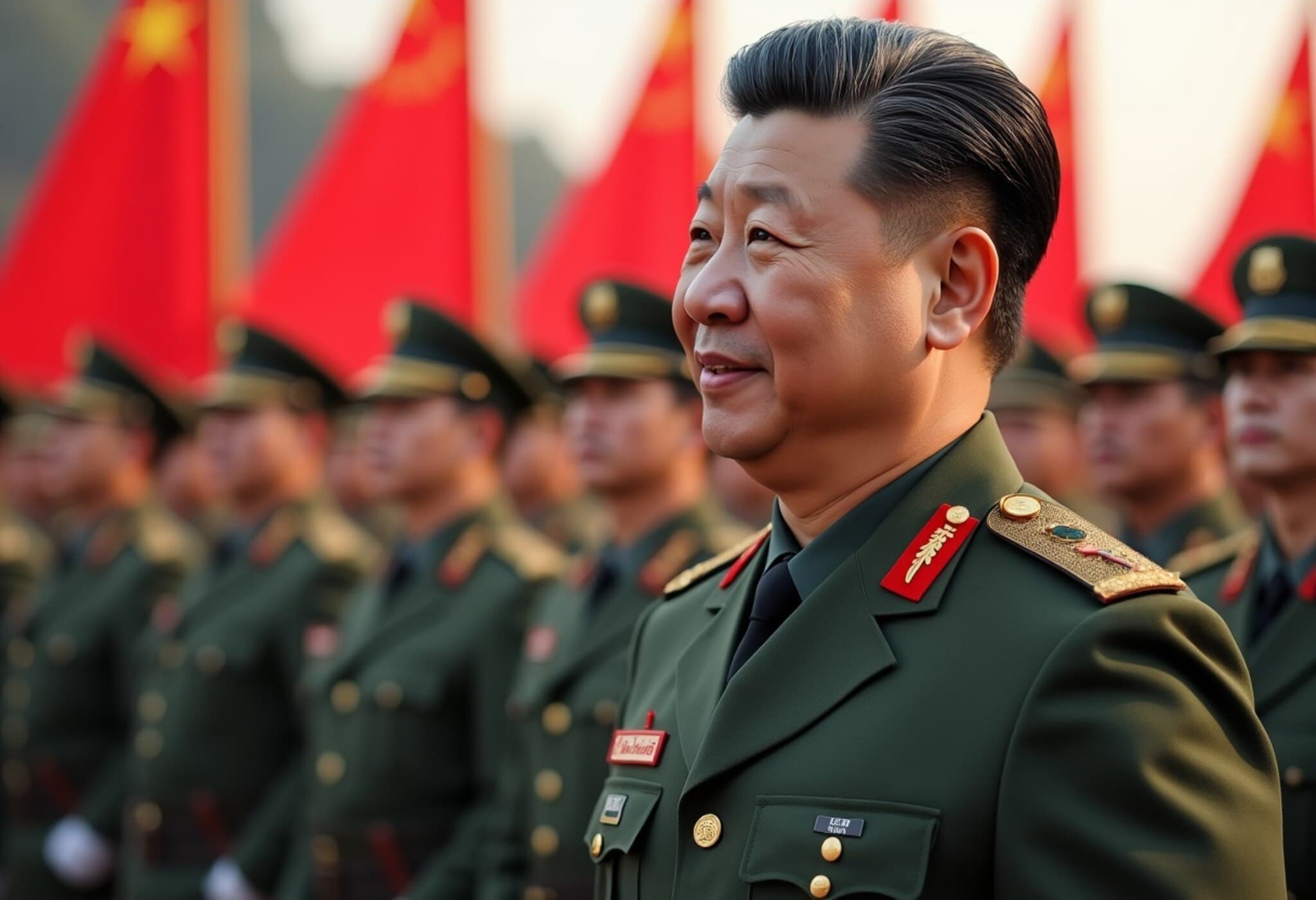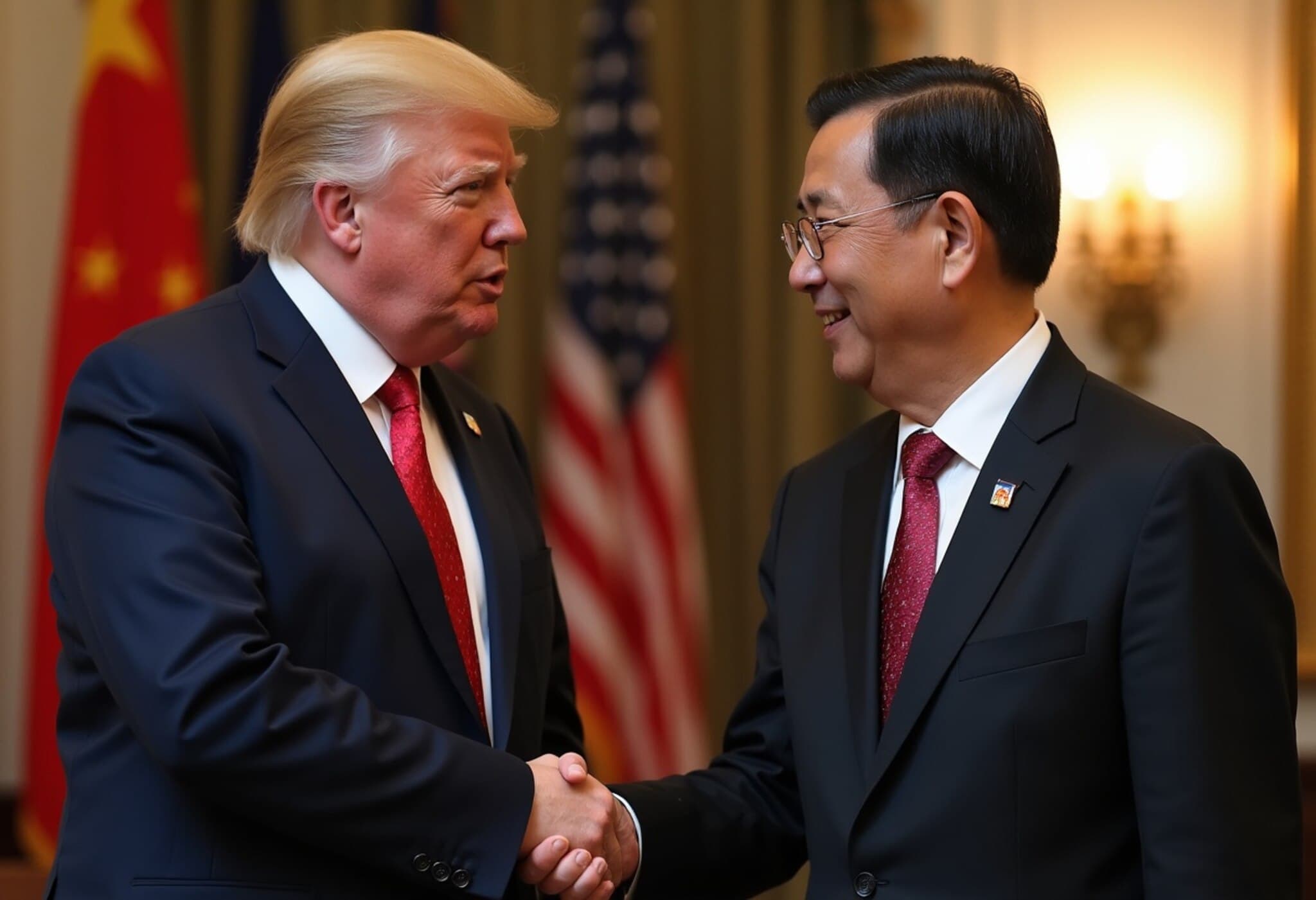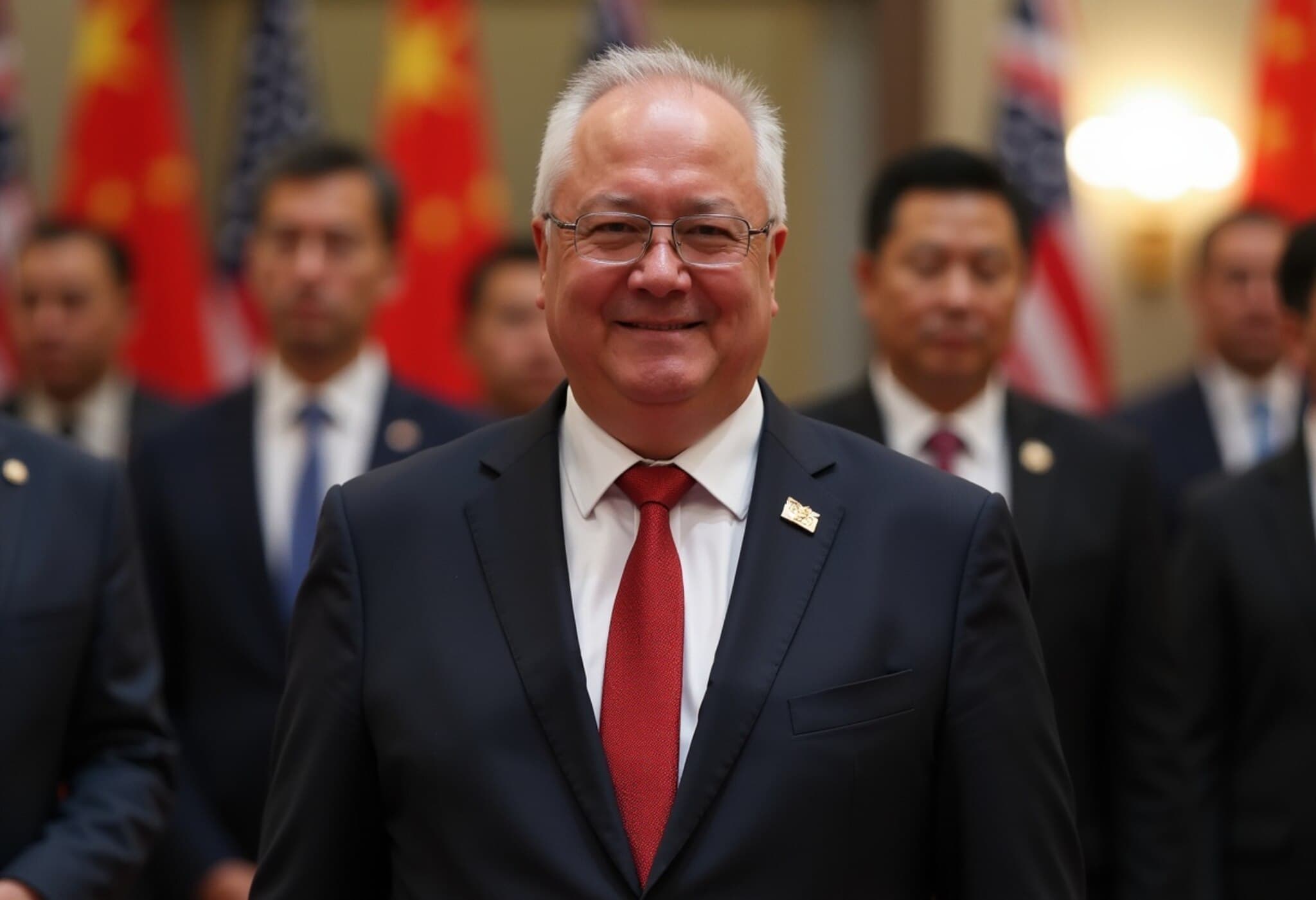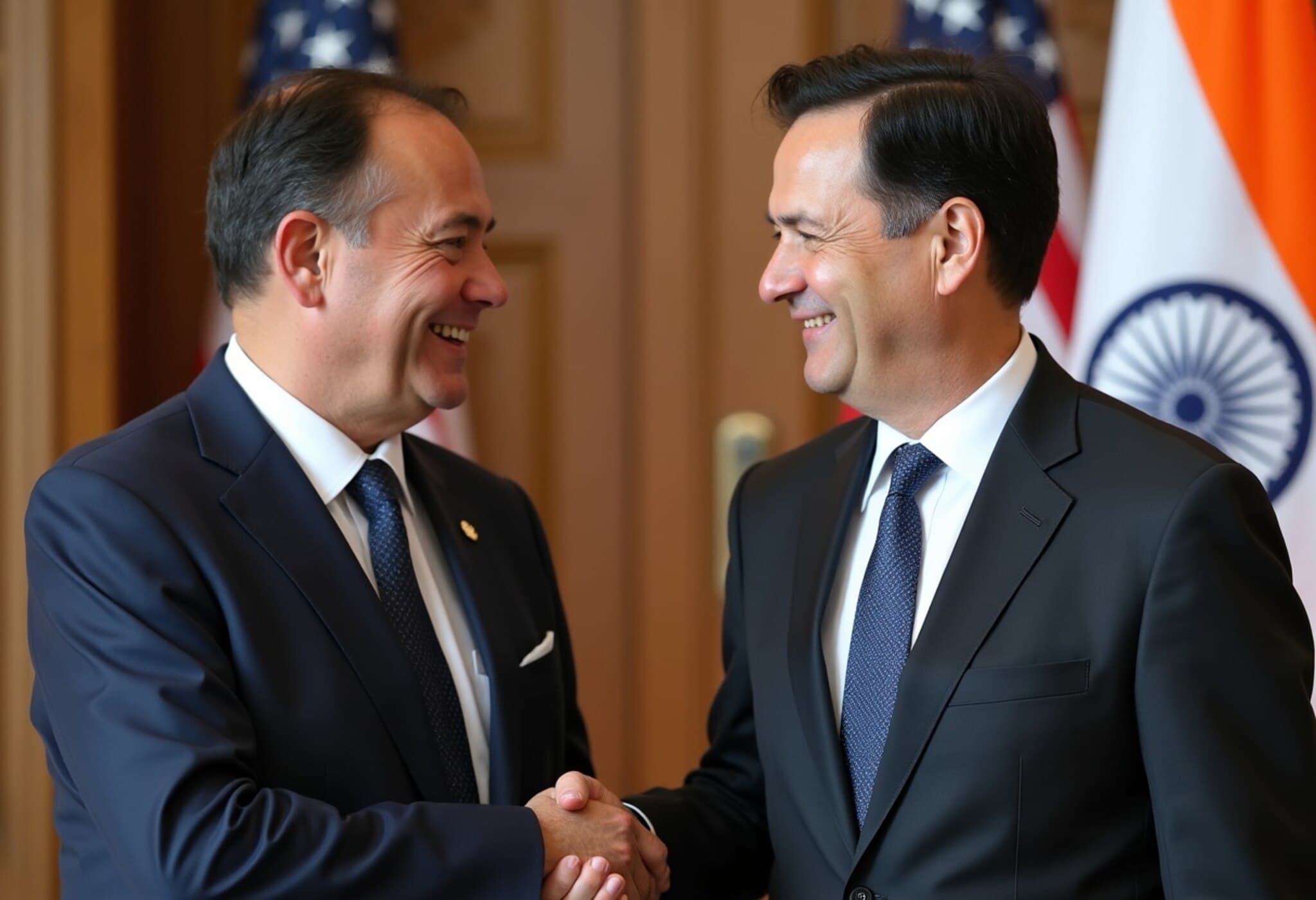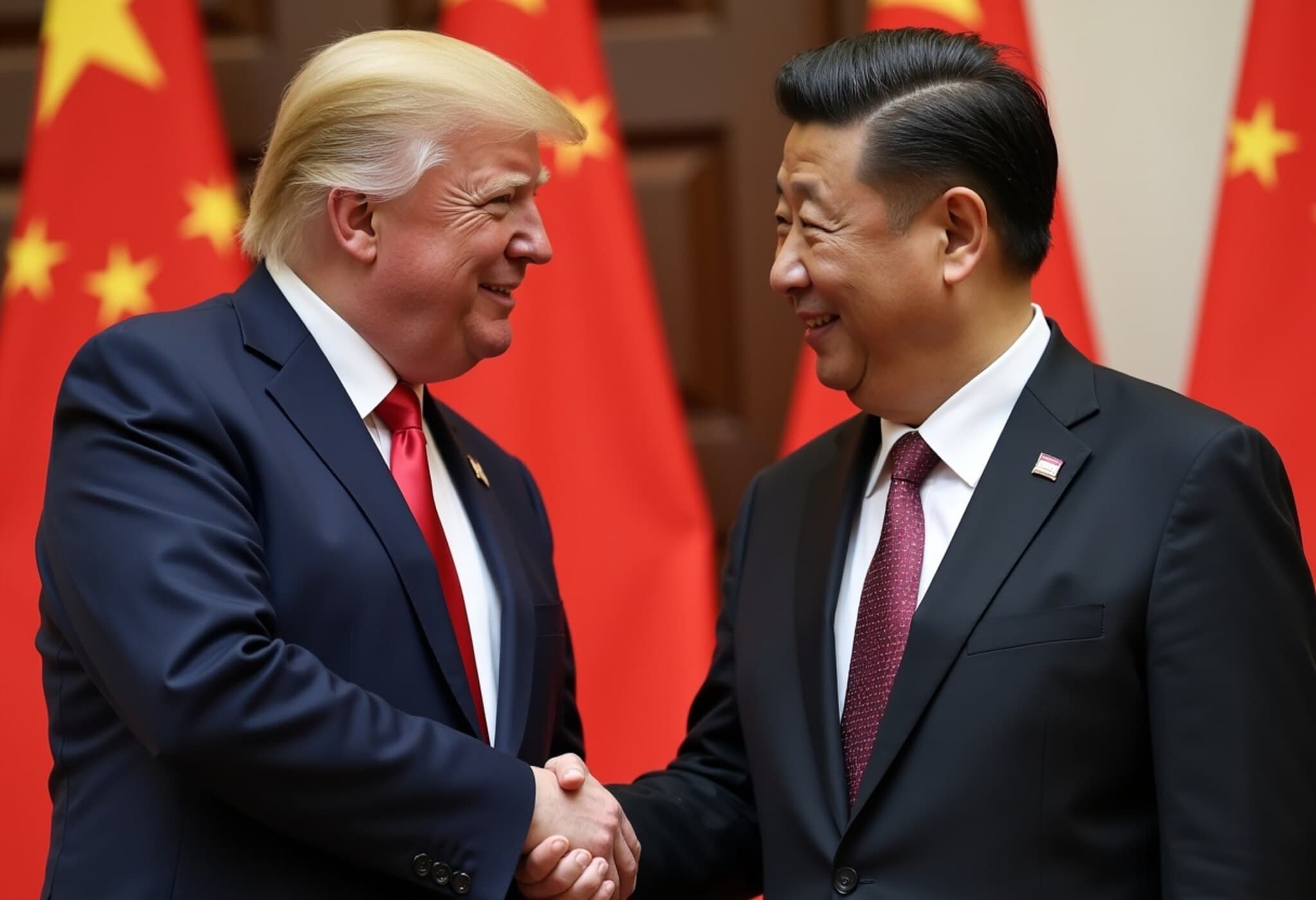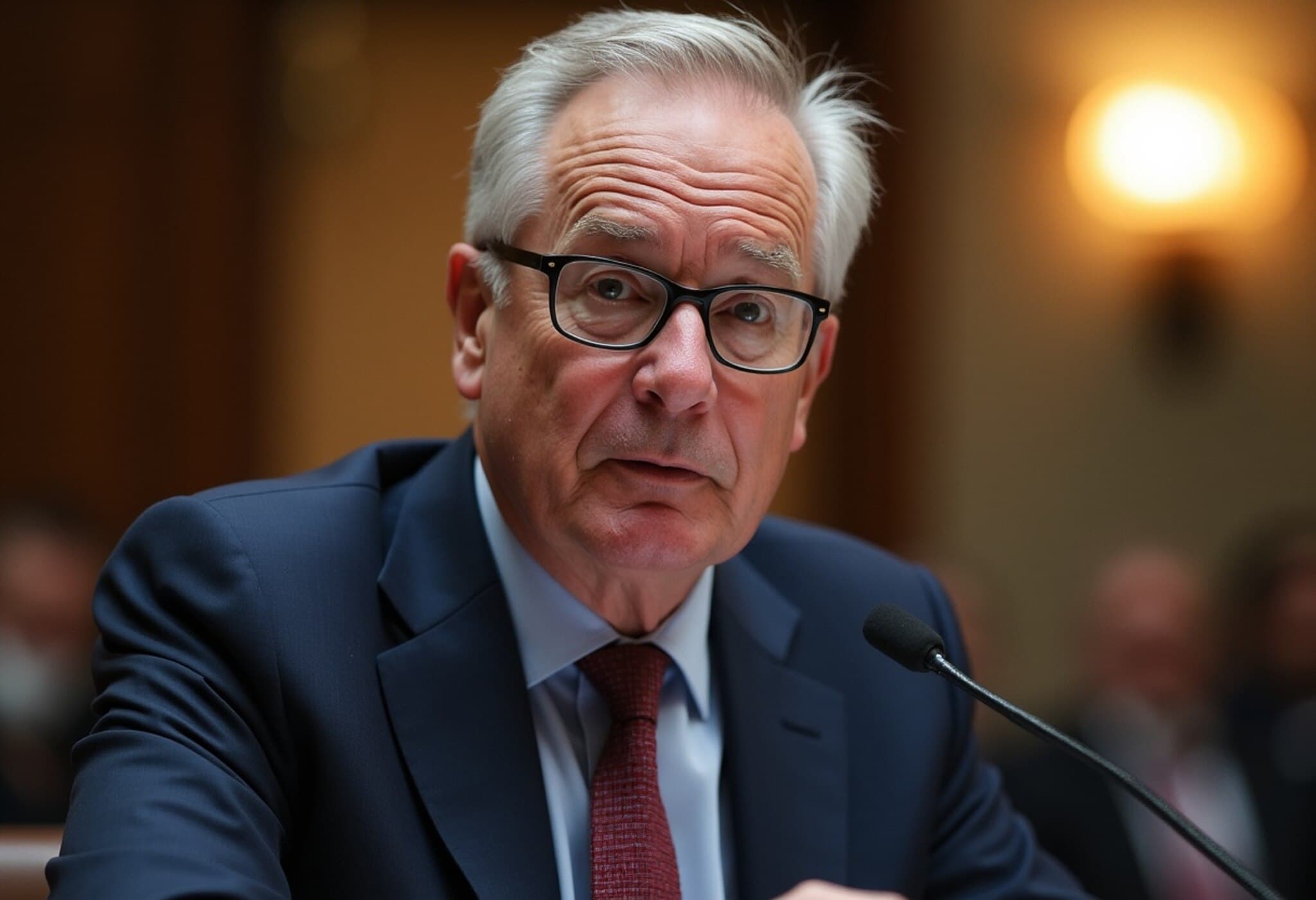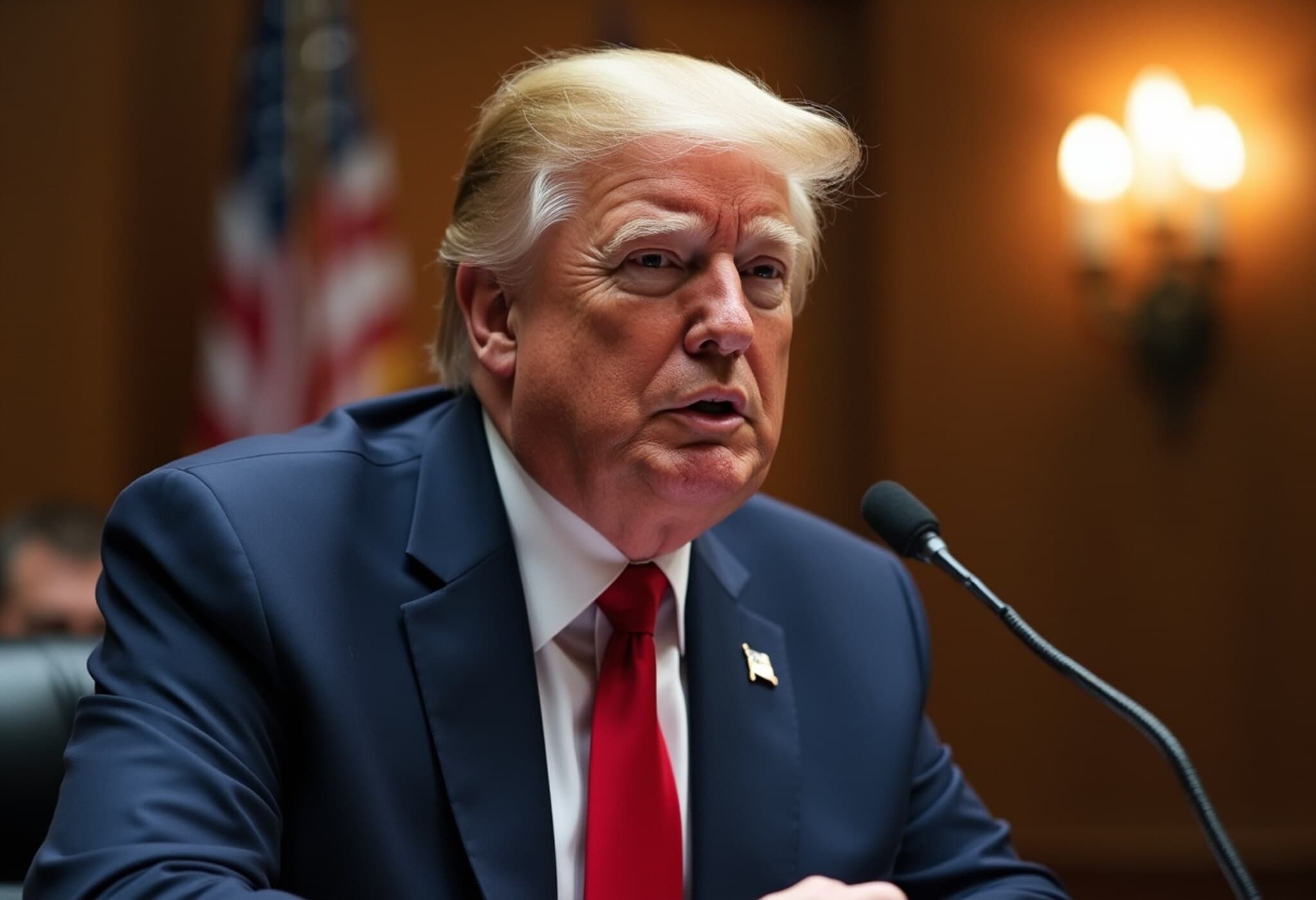Britain’s Strategic Shift: A Wake-Up Call for Australia
Last week, the United Kingdom unveiled its highly anticipated National Security Strategy, signaling a pronounced shift in its global posture. Coming fresh on the heels of commitments made at the NATO summit to raise defense spending to 5% of GDP by 2034—a target many analysts consider optimistic given economic constraints—the UK’s recalibrated strategy refocuses its interests substantially towards the Euro-Atlantic region. For Australia, a key partner in longstanding military and intelligence alliances, this marks a significant policy pivot worthy of close attention.
The Context: UK’s Domestic and Political Landscape
At the heart of this strategic concert lies the leadership of Sir Keir Starmer, whose Labour government recently marked its first anniversary amid considerable domestic challenges. The UK faces an economic downturn, capital flight due to tax policy uncertainty, and swelling concerns over immigration control—elements reminiscent of the economic malaise of the 1970s. Politically, Labour’s popularity has waned, with some observers viewing it as a failed experiment, while the current Conservative opposition has not capitalized effectively on this disarray.
Surprisingly, despite domestic turbulence, foreign policy has emerged as a strong suit for Starmer’s administration. Notably, Starmer’s deft handling of complex diplomatic relations, including an upcoming visit by former US President Donald Trump to Scotland and an anticipated full state visit to the UK, underlines the priority placed on sustaining critical alliances.
Implications for Australia in the Changing UK Strategic Landscape
Historically, Australia has counted on the UK as its second-most important strategic partner after the United States. Relationships forged through the Five Eyes intelligence alliance, Five Power Defence Arrangements, and more recently the trilateral AUKUS pact, have cemented a robust security partnership. Yet, the UK’s new National Security Strategy signals a deliberate narrowing of focus. Gone is the exuberant “Global Britain” vision and its so-called Indo-Pacific tilt—a strategy that previously elevated the Asia-Pacific region, including Australia, as central to Britain’s global ambitions.
Instead, the strategy explicitly centers on prioritizing security and trade within the Euro-Atlantic space, underscoring a “NATO first” approach. This realignment reflects practical considerations—geography, economics, and defense realities—though it inevitably raises questions about how this will influence UK engagement in the Indo-Pacific, a region where China’s assertiveness looms large.
Curiously, Australia’s presence within the 52-page strategy is minimal, with merely three mentions. Even the AUKUS alliance is framed predominantly through a US–UK lens, highlighting industrial benefits rather than Australia’s strategic role. This subtle sidelining signals a possible diminished British appetite for deepening involvement in Australia’s security neighborhood, especially as London devotes resources to stabilizing its own region.
Historical Parallels and Strategic Lessons
This shift evokes echoes of the “East of Suez” withdrawal declared under Harold Wilson’s Labour government in 1968, when Britain formally acknowledged the limits of sustaining far-flung military commitments. Although Starmer’s administration carefully avoids using that language, the parallel is unmistakable: a pragmatic retreat from global ambitions to concentrate on the immediate neighborhood and NATO duties.
For Australia, the stakes are clear. With American focus also wavering at times amid geopolitical uncertainties, the need for Canberra to recalibrate its strategic outlook is pressing. It suggests an urgency to strengthen direct bilateral and regional partnerships, and perhaps reassess reliance on UK involvement as the dynamics of alliance commitments change.
Expert Commentary: Navigating a New Strategic Reality
Professor George Brandis, former Australian High Commissioner to the UK and federal attorney-general, remarks, “The UK's reorientation is a reminder that alliances evolve; Australia must proactively shape its strategic partnerships rather than assume continuity. In an era of great power rivalry and unpredictable allies, diversifying strategic ties and boosting self-reliance are critical.”
Beyond defense, economic cooperation and technological collaboration programs under AUKUS and related frameworks could be vital areas where Australia seeks assertive engagement, strengthening ties that align with its national interests in the broader Indo-Pacific.
What Australia Should Consider Moving Forward
- Recognition of shifting UK priorities: Canberra should anticipate reduced British operational presence and influence in the Indo-Pacific.
- Reinforcing US-Australia relations: With the UK’s pivot towards NATO, the US remains Australia’s cornerstone ally.
- Expanding regional partnerships: Deepening ties within the Quadrilateral Security Dialogue (Quad) and ASEAN countries to mitigate strategic gaps.
- Boosting domestic defense capabilities: Greater investment in innovation and military readiness to hedge alliance uncertainties.
- Maintaining diplomatic dialogue with the UK: To explore new avenues for cooperation within the repositioned UK foreign policy framework.
Editor’s Note
The UK’s new National Security Strategy reshapes a once bold “Global Britain” into a regionally anchored power primarily focused on NATO and Euro-Atlantic security. For Australia, this shift signals a recalibration of strategic reliance and partnership priorities. It underscores the complexities of alliance politics in a changing world order—and the imperative for Australia to anticipate these transformations thoughtfully and proactively. What are the future contours of Australia-UK relations, and how will Canberra adjust in a geopolitical landscape marked by both continuity and change? These questions merit robust debate.
George Brandis is an academic and former senior Australian diplomat and government minister, bringing informed insights into evolving international strategic alignments.




